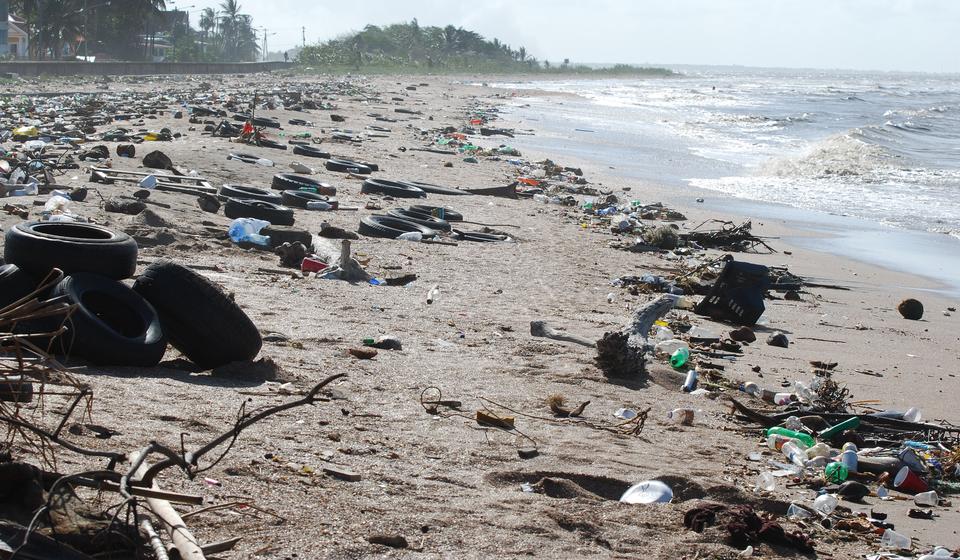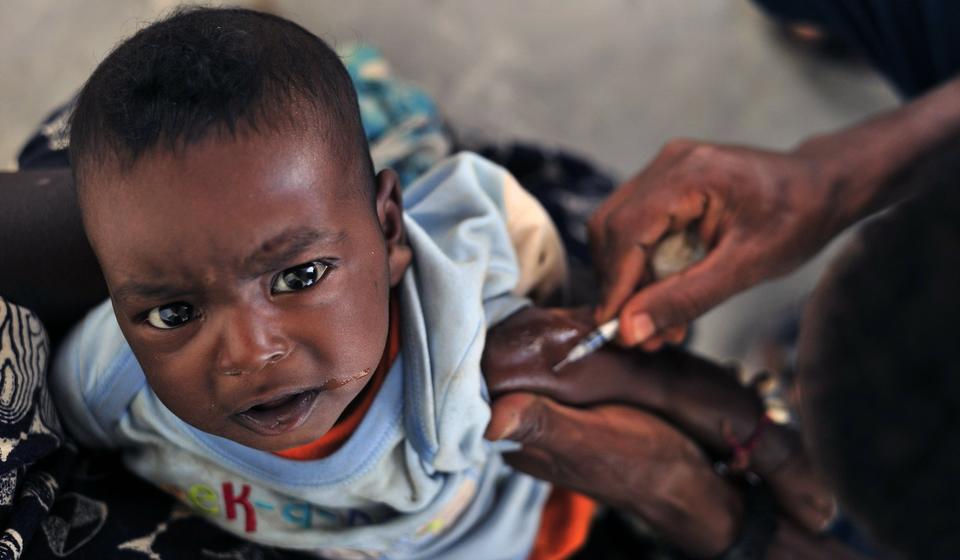"Chronic wasting disease is one of the most challenging diseases we’ve ever faced, but it's not a 'zombie disease', it is a neurodegenerative condition that is threatening multiple deer species," says Dr. Peter Larsen, associate professor at the College of Veterinary Medicine.
A new Minnesota Pollution Control Agency (MPCA) report says Minnesota must cut the sediment levels in the Minnesota River by half, a 25-year undertaking with an an estimated $360 million cost to stakeholders. The high sediment levels are suffocating fish, killing vegetation, and are the bulk of the sediment pollution flowing into the Mississippi.
Water is the world’s most valuable resource, but 1.1 billion people worldwide lack access to water. On August 26, The United Nations announced that by 2025, nearly two billion people will be living in countries or regions with absolute water scarcity and average supply of water per person will drop by a third in the next two decades.
Grouse hunters in northern Minnesota were asked to collect samples for a West Nile virus research project with the Department of Natural Resources (DNR). The main objective of the mission was to determine the impact of West Nile virus on ruffed grouse populations.
CAHFS and the Veterinary Population Medicine Department are excited to welcome two new residents into the Veterinary Public Health and Preventive Medicine program.
Come learn more about chronic wasting disease, the research being done to help combat its spread, and what you can do to help. Join CAHFS at the Bell Museum on Saturday, September 14 for a special Spotlight Science event!
Hepatitis A outbreaks have been occurring nationwide since 2016 affecting 23,000 people and causing 233 deaths. Since May, Minnesota has had an increased number of cases and, now, an official outbreak has been declared affecting nine counties. About 57% (13/23) of the reported cases have required hospitalization.
It has been one year since an Ebola virus disease (EVD) outbreak has been declared in the Democratic Republic of Congo (DRC). To date, there have been nearly 3,000 human cases with over 1,800 deaths in the provinces of North Kivu and Ituri.
An independent study conducted by the United States Agricultural Research Service and the Wisconsin Geological and Natural History found 32 of 35 private wells in three counties in southwestern Wisconsin contaminated with fecal matter. The majority of the contaminated wells with fecal matter. The majority of the contaminated wells contained fecal matter from humans, followed by cattle, then swine.










